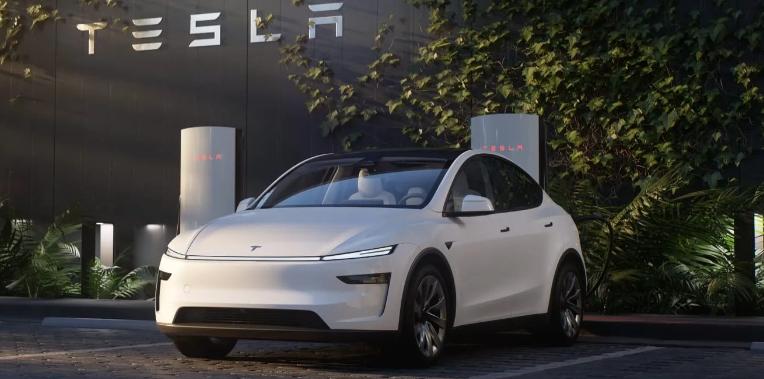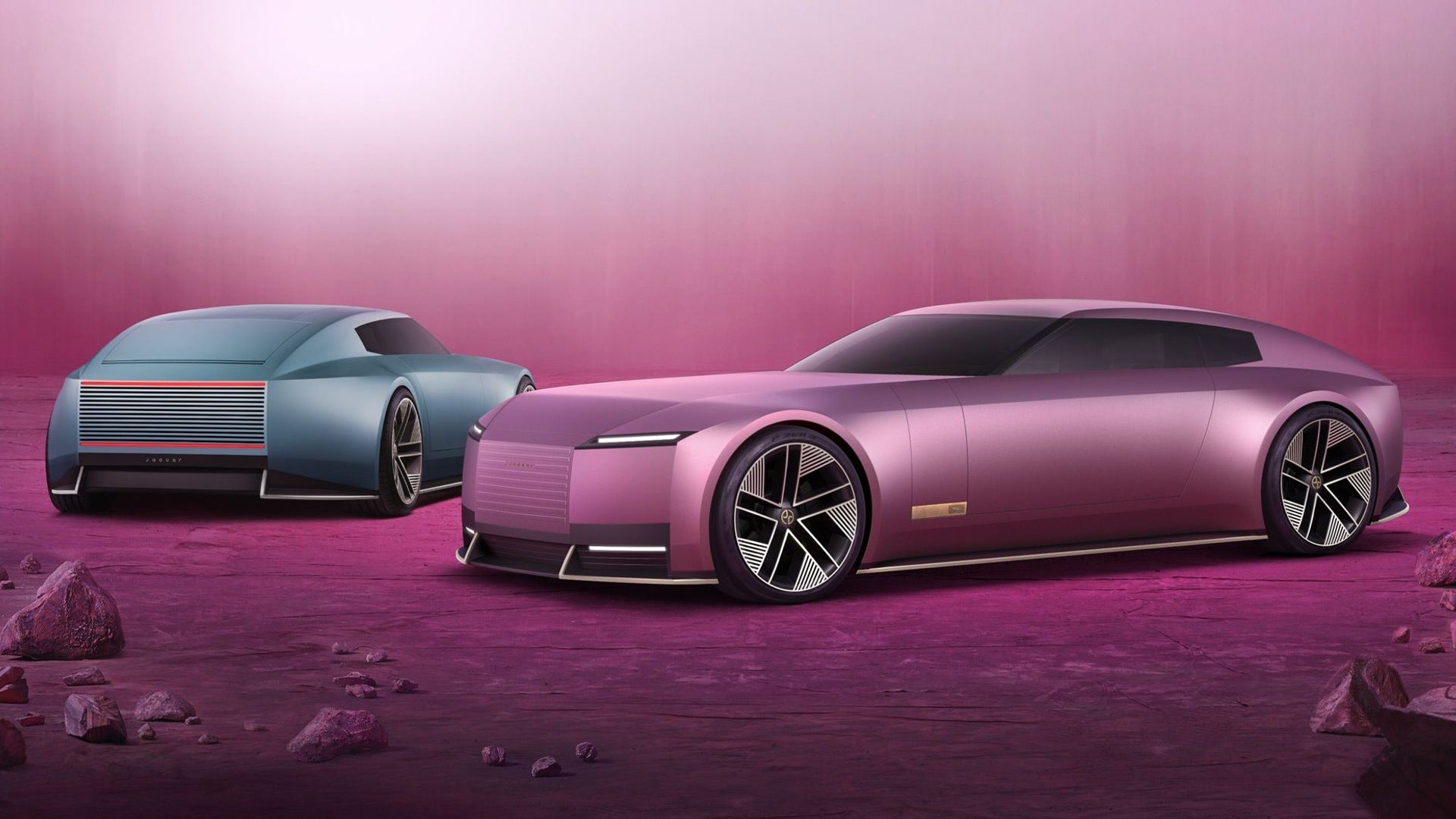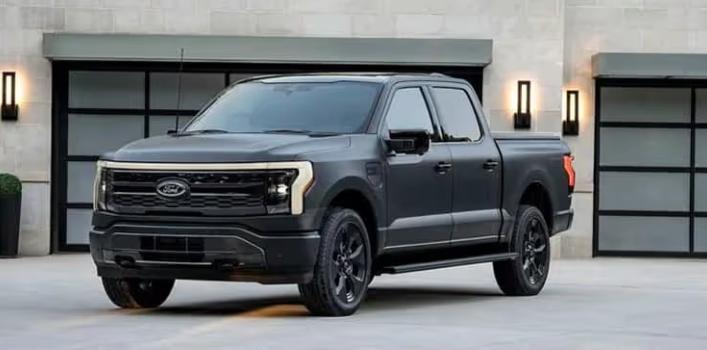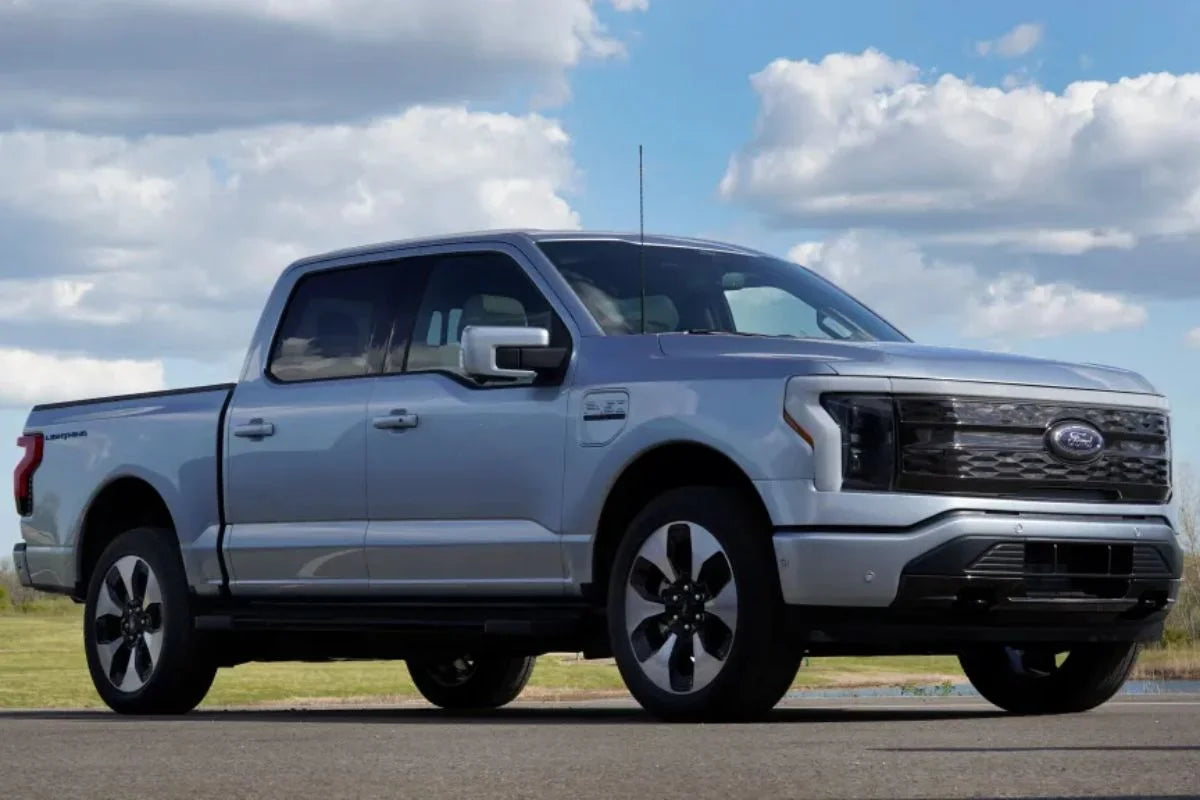Elon Musk, PDG de Tesla, semble avoir pris conscience trop tard de l'impact dévastateur de la nouvelle loi « Big Beautiful Bill » (BBB) signée par le président Trump, selon un nouveau rapport du Financial Times citant d'anciens et actuels dirigeants de Tesla. Cette loi, rapidement adoptée par le Congrès, menace désormais la rentabilité de Tesla, sa position sur le marché américain des véhicules électriques et ses sources de revenus réglementaires.
L'action Tesla chute en raison des retombées politiques
L'action Tesla a chuté de 7 % après la signature du projet de loi et l'annonce surprise d'Elon Musk de la création d'un nouveau parti politique. Musk affirme que cette décision découle des inquiétudes suscitées par l'explosion de la dette fédérale américaine, imputant la responsabilité de cette hausse à Trump et au Parti républicain.
Cependant, les analystes politiques affirment que le problème est plus complexe. La loi de Trump supprime plusieurs incitations fédérales qui bénéficiaient directement à Tesla. Parmi elles : le crédit d'impôt pour véhicules électriques (VE) de 7 500 $, largement utilisé, les mécanismes d'échange de crédits d'émission et les incitations aux énergies renouvelables, autant d'éléments essentiels à la croissance et à la rentabilité de Tesla ces dernières années.
Le crédit d'impôt de 7 500 $ pour les véhicules électriques : un coup dur
Le BBB impose la suppression du crédit d'impôt fédéral de 7 500 $ pour les véhicules électriques d'ici le 30 septembre 2025. Les experts du secteur prédisent que cette modification réduira considérablement la demande de véhicules électriques aux États-Unis. Tesla étant le premier constructeur de véhicules électriques aux États-Unis et le marché américain ayant jusqu'à présent été relativement épargné par le récent ralentissement de ses ventes mondiales, cette mesure représente une menace importante.
Un dirigeant de Tesla cité par le Financial Times a expliqué :
Il ne fait aucun doute que Tesla sera plus durement touchée que la plupart des autres. La demande américaine était le dernier rempart.
Avec la suppression progressive du crédit, Tesla devrait concentrer la demande au troisième trimestre 2025. Cependant, d'ici le quatrième trimestre, les ventes pourraient chuter fortement, créant ainsi une falaise potentielle de revenus.
L'effondrement du marché des crédits d'émission
Le projet de loi supprime également les sanctions pour les constructeurs automobiles ne respectant pas les normes fédérales d'émissions. Cette disposition anéantit de fait le marché du crédit réglementaire, un autre pilier majeur de la santé financière de Tesla.
Tesla a toujours généré des centaines de millions de dollars de chiffre d'affaires chaque trimestre en vendant des crédits réglementaires aux constructeurs automobiles traditionnels qui ne respectaient pas leurs normes d'émissions. Sans ces programmes, les finances de Tesla pourraient être fortement impactées. En fait, sans ces crédits, Tesla aurait enregistré une perte au premier trimestre 2025.
Bien que l'entreprise détienne des contrats de vente à crédit réglementés, certains de ces accords contiennent des clauses permettant leur résiliation en cas de modification de la réglementation. Selon une source proche de Tesla :
Il y aura un certain niveau de négociation de crédit jusqu'à ce que la certitude soit établie… [mais] le marché a atteint son plus bas niveau à long terme. Trump a agi avec une telle rapidité et une telle férocité que tous les programmes pourraient disparaître.
Cette évolution pourrait éliminer jusqu’à trois quarts des revenus de crédit réglementaire de Tesla, selon des estimations internes.
La réponse tardive d'Elon Musk : « Un jour de retard et un dollar de moins »
Des dirigeants familiers avec le fonctionnement interne de Tesla affirment qu'Elon Musk n'a pris conscience que récemment des graves implications du projet de loi. Un ancien cadre supérieur a été direct :
« C'est une politique terrible et un coup dévastateur pour les résultats financiers de Tesla. Il ne s'agit pas seulement des normes CAFE, mais de l'ensemble du dispositif : les droits de douane, le crédit à la consommation de 7 500 $, les crédits d'impôt pour la fabrication, les incitations à la recharge et les crédits solaires. Elon s'est enfin réveillé, mais avec un jour de retard et un dollar de moins. »
Les critiques soulignent la manière dont l'attention d'Elon Musk s'est peut-être détournée de Tesla ces dernières années, notamment après l'acquisition de Twitter (maintenant X) et son engagement dans des batailles politiques de grande envergure.
Risque croissant de représailles
La brouille publique entre Musk et Trump pourrait entraîner de nouvelles répercussions politiques. Des sources proches de la Maison Blanche suggèrent que Trump envisage des mesures ciblées susceptibles d'impacter davantage les activités d'Elon Musk, notamment Tesla et SpaceX, en réponse à la formation de son nouveau parti politique.
Ce fossé grandissant pourrait placer Tesla au centre d’une tempête politique plus vaste, qui pourrait saper la confiance des investisseurs et compliquer les transactions fédérales, y compris les approbations réglementaires et les contrats.
Le point de vue d'Electrek : une erreur de calcul lourde de conséquences
De nombreux observateurs ont noté qu'Elon Musk semblait insensible aux menaces précédentes concernant les crédits pour véhicules électriques, affirmant même à un moment que la suppression des subventions serait « avantageuse pour Tesla ». Rétrospectivement, ce sentiment semble déconnecté de la réalité financière. Un commentateur sur Electrek a écrit :
À l'époque, je me demandais si Musk savait comment fonctionnait l'argent. Maintenant que les ventes s'effondrent en Europe et ralentissent en Chine, les États-Unis étaient la bouée de sauvetage de Tesla. Cela est sur le point de changer.
En effet, alors que les marchés internationaux de Tesla continuent de fléchir, la performance américaine a été artificiellement soutenue par des remises et des incitations agressives. Avec la suppression d'un soutien fédéral essentiel, Tesla pourrait subir sa première pression soutenue sur ses bénéfices depuis des années, notamment au quatrième trimestre 2025, lorsque les revenus du crédit et les incitations à l'achat de véhicules électriques disparaîtront.
Réflexions finales : Tesla est-elle prête pour une réalité post-incitations ?
La mise en œuvre accélérée du projet de loi Big Beautiful représente un moment charnière non seulement pour Tesla, mais aussi pour le marché plus large des véhicules électriques aux États-Unis. Elle met en évidence une vulnérabilité clé : la dépendance continue de Tesla aux cadres réglementaires et aux subventions, malgré sa réputation de constructeur automobile axé sur la technologie et sans subventions.
La réaction tardive d'Elon Musk et son positionnement politique fragmenté pourraient coûter cher à l'entreprise. Plus important encore, cela soulève des questions sur la capacité de Tesla à gérer les changements de politique, à diversifier ses sources de revenus et à générer des bénéfices durables sans soutien gouvernemental.
Une fois la poussière retombée, l’industrie observera si Tesla peut survivre à un avenir sans les incitations qui ont contribué à faire de lui un nom familier.
Lectures recommandées : Tesla News








Partager:
Tesla doit rembourser l'intégralité des frais de conduite autonome après avoir échoué à fournir cette fonctionnalité
Volkswagen s'empare de 46 % du marché allemand des véhicules électriques, laissant Tesla derrière lui